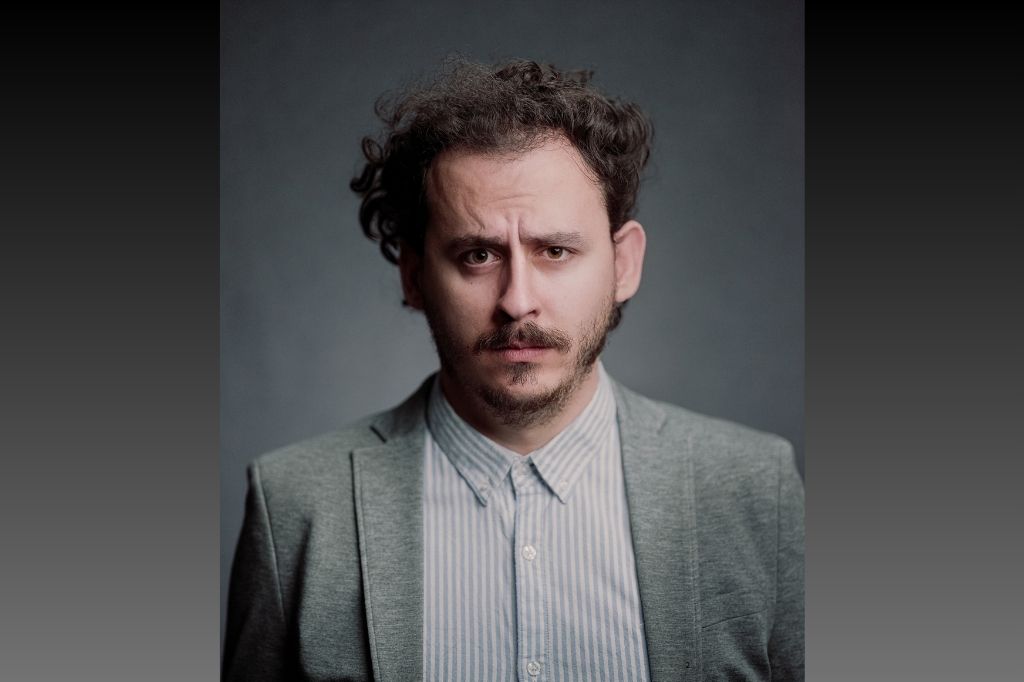Some of biggest winners at Cannes Lions 2023 exemplified how brands can tap into passion points and earn the love of their target audiences. Here, Sunil Bajaj, writer / analyst at Contagious, pinpoints how to do just that.
‘Consumer has become a dirty word,’ Ari Weiss, global chief creative officer at DDB Worldwide told me this year at the Cannes Lions Festival of Creativity. Instead, brands should consider who they’re targeting as fans and audiences, he explained. ‘If you start looking at your audience that way, you start building work differently, and asking yourself “Will they seek it out, love it, share it or evangelise it? Will they be your best constituents?”
When you’re approaching communities, it’s not enough to simply ask ‘What’s in it for me?’ The really important question is ‘What’s in it for them?’ And the most impressive marketing campaigns at Cannes Lions this year encapsulated that way of thinking.
For the launch of football game Fifa23, EA Sports truly put itself in the mind of its fans. Instead of extolling the virtues of the latest version of the game, the brand gave people a reason to talk about it, and play it, by tapping into the popularity of a beloved TV show. EA Sports partnered with streaming platform Apple TV+ to bring the fictional world of Ted Lasso into the game. Along with the full playable AFC Richmond squad, players could also find Lasso himself as a coach cheering from the pitch sidelines.
The experience resonated with both fans of the show and the video game. Not only did AFC Richmond became the most played as side (out of 700 real teams) in the game, but streaming of the TV show increased 35% on Apple TV+. A real win-win-win for everybody involved, both the brands and the fans. This campaign nabbed the Grand Prix in Brand Experience & Activation, and Weiss, jury president of that category, described it as ‘marketing in all its splendour.’ ‘In some ways,’ he added, ‘it almost ceases to be marketing [because] it’s so seamless from an experience perspective that the brands don’t disappear. They become immersive.’
It’s natural for entertainment brands to think of fans rather than target consumers, but even a condiment brand can adopt that perspective. When I spoke with Heinz’s agency, Rethink, Toronto, group strategy director Julian Morgan, told me that ‘Heinz Ketchup doesn’t like to look at people as an audience, but instead as a part of the brand and of piece of Heinz themselves. The brand is built on this consumer interaction, and the irrational love that people have for them.’
Heinz and Rethink won a Gold in the Outdoor category at Cannes for Ketchup Fraud, a cheeky initiative that put that irrational love to good use, turning fans into brand advocates.
For the campaign, Heinz drew on its loyal fans to help eradicate an untoward behaviour happening in restaurants across the globe. Ketchup Fraud launched with a series of voyeuristic ads depicting restaurant workers filling Heinz Ketchup bottles with cheaper off-brand substitutes. ‘Even when it isn’t Heinz. It has to be Heinz,’ the tagline stated. Heinz then tasked people on social media to name and shame suspected restaurants and sent free pallets of ketchup to the offenders.
Also read: Govt May Clear Rs 4,000 Crore Proposals: Boost to IT Hardware PLI Scheme
By weaponising its fanbase to fight its corner, Heinz eroded the lines between consumer and brand. Another big Cannes winner, mobile video game Clash of Clans’ Clash, was able to brings fans closer and strengthen feelings of community by adopting their language and behaviours.
For Clash of Clans’ 10-year anniversary, the brand decided to fool the world into believing that it was actually celebrating its 40 anniversary – creating a sprawling integrated campaign that fabricated 30 extra years of existence back to the 80s. The Clash from the Past campaign ended up scooping double Grands Prix in Entertainment and Entertainment for Gaming.
‘Ultimately, we lied to them,’ Nick Stoner, copywriter for Wieden+Kennedy, Portland, the agency behind the campaign told me. ‘But we lied like fans. We trolled like true players. We winked. We Easter-egged. We trusted our audience and, in return, they saw Clash as that much greater of a brand.’
Not only did Clash create three new video games based on what was popular during that decade, the brand created old ads, a faux documentary and tie-ins with Champion, General Mills and Topps trading cards. The president of the inaugural Gaming category Francine Li (who is also global head of marketing for Riot Games), told me that ‘What Clash work did so well was that every creative decision was made through the lens of a player. They clearly had players and passionate fans working on this.’
So, the lesson for brands wanting to fuel fandoms is to stop thinking about us and them, brand and consumer. Instead, brands should consider their fans’ passion points, adopt their language and regard themselves as a single community.
By Sunil Bajaj, Writer / Analyst at Contagious













